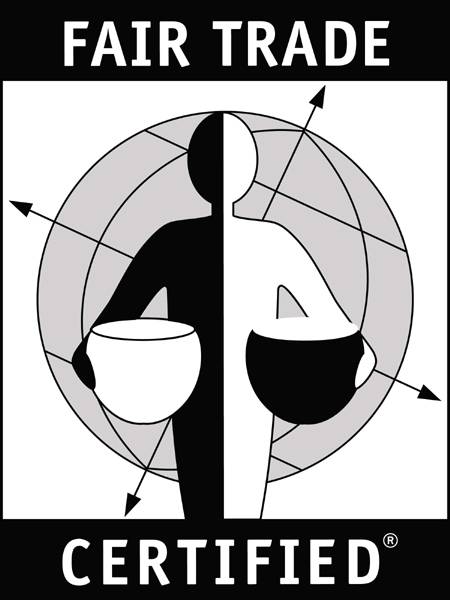 If you’re experiencing the pangs of post-holiday letdown now that Earth Day 2010 is in the books, take heart: another observation for the conscientious is just around the corner. I’m referring to World Fair Trade Day, which takes place on next Saturday, May 8th.
If you’re experiencing the pangs of post-holiday letdown now that Earth Day 2010 is in the books, take heart: another observation for the conscientious is just around the corner. I’m referring to World Fair Trade Day, which takes place on next Saturday, May 8th.
All overstatement aside, I would like to take the opportunity to encourage one and all to do something in honor of the occasion. Full disclosure: I work for the fair trade “industry”—I am the education coordinator for Ten Thousand Villages in Champaign. Be assured, however, that my modest salary is not padded when our fair trade goods are sold. I’m not promoting this occasion for any kind of personal benefit.
Or am I? The people I work with (mostly volunteers) are drawn to the store because they are “true believers”—people who get a spiritual/emotional boost from feeling that they are helping others. I would put myself in that category.
The question is, is what we’re doing really helping others?
Let me back up a bit. My job is to do presentations about fair trade to groups who contact the store requesting them. And, in the course of researching my subject, I came across information about the “downside” of fair trade.
I did my best to educate myself about this. I figured that sooner or later someone I was presenting to would ask me about it, and that I’d better be prepared.
It was sooner. In fact—and I am not exaggerating—it was the very first question asked on the very first presentation I gave. And, I was sort of prepared.
The criticisms of fair trade break down like this: some economic theorists believe that introducing fair trade versions of common commodities causes a glut of products to enter the market. They claim this will ultimately drive prices down, which will harm all producers except those lucky enough to have found work in a fair-trade system.
I’ll say three things about this:
- To the best of my knowledge this is theory, not fact. There are plenty of studies, not to mention a wealth of anecdotal evidence, about the positive impact of fair trade. At Ten Thousand Villages we see repeated examples of how the living wage we pay our artisans gets plugged back into their communities. This results in a boost for many people who aren’t employed in a fair trade setting but are connected to it in some way.
- Even though this is theory and not fact, it may be a good theory. This is why impact studies must continue, and adjustments to the system must be made if necessary.
- Sometimes it’s impossible for something positive to happen without a negative consequence. The example I use is a cure for cancer: If one were to be found tomorrow, and all cancer patients instantly cured, this would affect the jobs of—who knows—millions of people who are in some way connected to the cancer-fighting industry. But this doesn’t mean we don’t want that cure. God knows how badly we want it.
Granted, this is not an apples-to-apples comparison with the criticisms of fair trade. Still, it demonstrates the principle that even a desirable outcome can have a negative impact.
What I think should be taken away from this is the idea that fair trade is part of the solution to global poverty, not the solution itself. Many other principles need to converge in order to tackle the problem in the most effective way.
Having said that, I believe fair trade is a very important piece to the puzzle.
Speaking of puzzles, we have some great ones at Ten Thousand Villages. I’m just sayin’…








